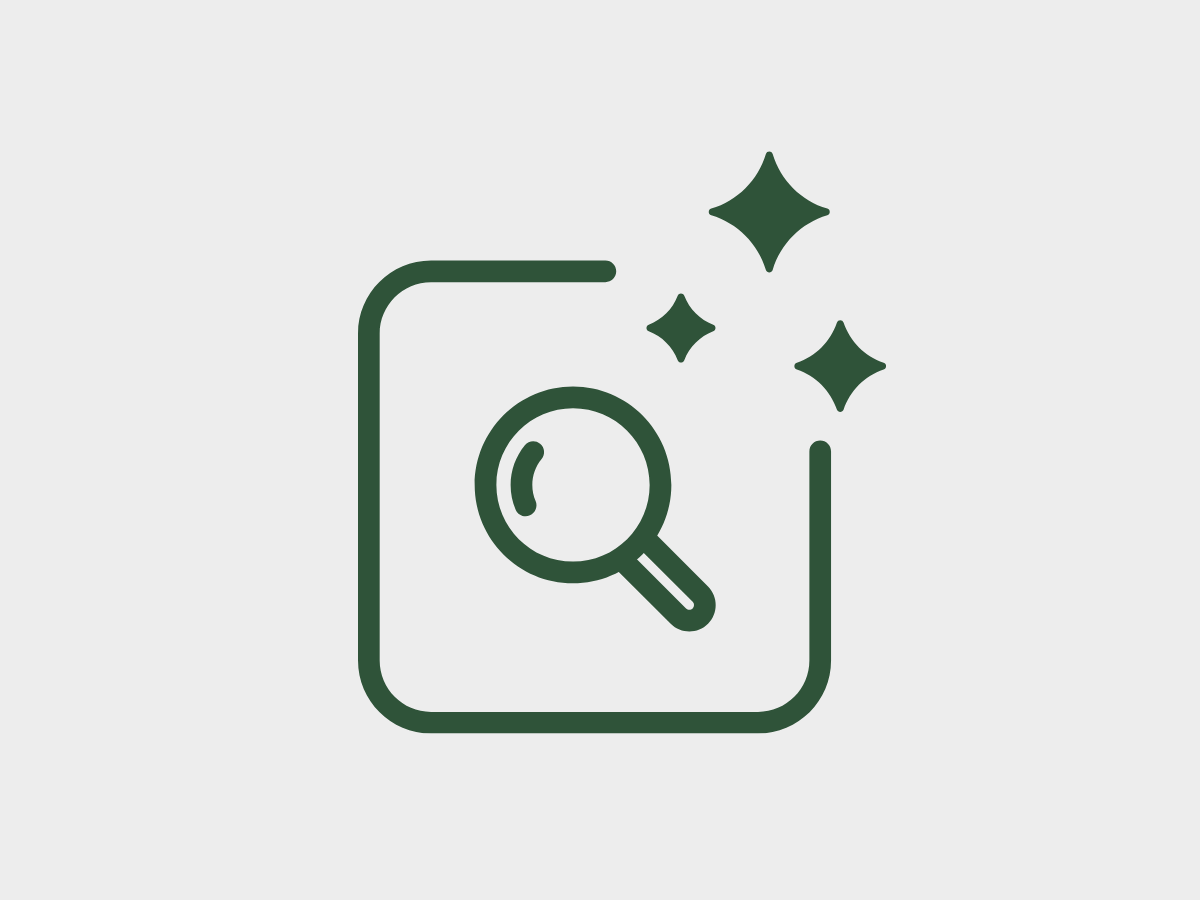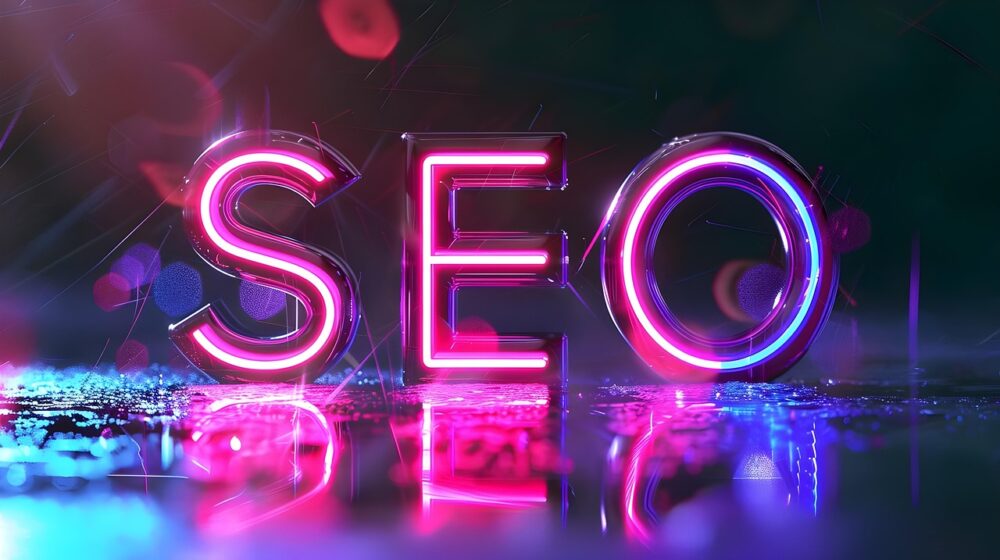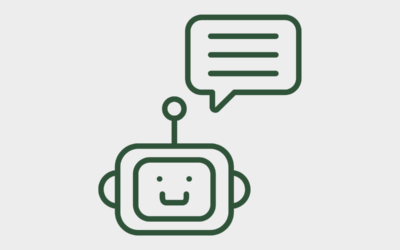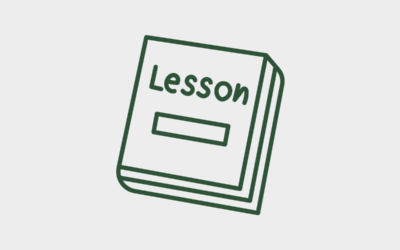Table of Contents
The way we search the internet is changing – again. This time it’s happening inside your browser.
Meet ChatGPT Atlas. OpenAI’s new browser that lets you chat with the internet itself.
It reads pages, summarises content and remembers context. It even takes actions on your behalf.
Whether this sounds useful, dystopic or downright terrifying is down to your personal outlook. I’m currently clicking on all three.
But for brands’ content and searchability, it’s a pretty big deal.
Here’s our summary, predictions on how ChatGPT Atlas is going to affect SEO and advice on how your brand can benefit from this massive shift in online marketing.
🧭 What is ChatGPT Atlas?
ChatGPT Atlas is OpenAI’s new Chromium-based browser that integrates ChatGPT directly into your browsing experience.
Think of it like having a built-in AI researcher living inside your tabs.
You can highlight a paragraph and ask it to “summarise this,” or “find related content,” or “rewrite this for LinkedIn.”
It also has a memory (of sorts). Atlas remembers what you’ve read, which sites you’ve visited and what you’ve asked in the past.
So it can tailor results and context over time, building a smoother experience – one that you will become more and more dependent on to navigate the online world.
And with Agent Mode, Atlas can perform multi-step tasks like researching competitors, filling forms or compiling data from multiple sites.
👉 The (imagined by me) pitch from Sam Altman: it’s Google, your browser and your personal assistant rolled into one.
🔍 How It Changes the SEO Game
Atlas seems more than just another browser. It’s offering a new way for people to consume content.
✅ Disrupting SEO?
✅ ✅ ✅ Creating opportunities for brands to reach the top of search?
This means your site is going to get found in different ways:
1. Search is becoming conversational
People will ask questions like:
- “Show me the best guides on SEO for photographers.”
- “Summarise the top tips from these three sites.”
Atlas doesn’t just show links – it summarises them.
So content that’s clear, well-structured and full of genuine value stands out.
If your content is messy, keyword-stuffed or vague? The AI will skip over it faster than a paparazzo running to Taylor & Travis’s engagement party.
2. Clicks might drop, but influence can rise
Fewer people may click through from traditional search results – because Atlas gives instant answers.
But if your content is cited, quoted, or used as a trusted source by the AI, your brand authority skyrockets.
In the new SEO era, being referenced could matter as much as being ranked.
However! A summary can only say so much, so anyone interested in a deeper dive will still click through to the highlighted website.
And while a lot of readers will still glance at the summary rather than scrolling and clicking – these glances add up to a cumulative juggernaut of brand authority. So work on being the top answer to popular questions (more on how to do this below).
3. Structure beats stuffing
AI assistants read your site like a machine. Literally.
They look for hierarchy, clean HTML, schema markup, clear headings and concise formatting.
If your site is tidy, readable and well-organised, it’s easier for the AI to digest and reuse.
This may be bad news for fans of hacks and get-ranked-quick schemes…
But it’s great news for people who like writing straightforward, useful content. No more worrying about having to crowbar phrases like ‘best SEO agency breaking news on latest AI trends’ into your copy. I just did that one for old times’ sake.
👉 Keywords are still important – but semantic clarity + valuable content trumps everything. Put simply, if you confuse, you’ll lose.
4. E-E-A-T just got upgraded
Atlas (and the models behind it) follow in Google’s footsteps in that they’re all built to value Experience, Expertise, Authority & Trust.
- Experience – Google added this ‘E’ to its E-A-T reward system around the time ChatGPT launched. AI can’t talk from ‘true’ experience – so search engines will always value human-written content that talks about personal opinions and insights.
- Expertise – Display insider knowledge and unique skills. Things that people can’t copy, paste, or AI generate.
- Authoritativeness – Ironically, AI search will value non-AI written content – perhaps now more than ever. People buy from people. Human-written content cuts through AI-generated fluff.
- Trust – Show your customers’ trust through bylines, citations, examples, testimonials, data and case studies. Share your content strategically (think Reddit forums, Facebook groups, etc.).
👉 AI systems don’t “feel” credibility. They (almost literally) see it in how you structure and support your claims.
5. Content freshness matters
Atlas uses the latest web data to generate responses. This means outdated pages get overlooked fast.
Still got a blog recommending your fave locations from 2021? Time to give it a refresh.
And broken links or incorrect info are gonna be like kryptonite to your chances of getting ranked on AI search. So sweep and polish like Mrs Doubtfire on Adderall.
👉 Regular updates, current stats & and active blogs aren’t just nice to have. They’re essential to stay visible in an AI-powered web.

The way we search is always changing. But is ChatGPT Atlas making it particularly different? Photo by Matheus Bertelli on Pexels
💡 What This Means for Businesses & Creators
In short: If you’re creating content that’s helpful, human and structured – you’re already in a great spot.
But if your SEO strategy relies on hacks or keyword stuffing, it’s time to evolve.
Here’s how to adapt:
- ✅ Organise content into topic clusters. This helps both humans and AI understand how everything connects.
- ✅ Add structured data. Schema markup tells machines exactly what your content is about.
- ✅ Write with clarity. Lean into short paragraphs, clear subheads, bullet points and summaries.
- ✅ Add unique insight. Real examples, stories and expert takes give your content staying power.
- ✅ Keep it fresh. Update evergreen content regularly (outdated info gets buried and may drag your site’s rep down with it).
🧩 SEO Best Practices: Still the Beating Heart of Visibility
Atlas is just the beginning (if you don’ count Perplexity). As AI search assistants blend deeper into our popular browsers, the rules of SEO aren’t disappearing – they’re evolving.
Behind every AI summary, citation or “recommended read” sits the same foundation that’s powered discovery for years: solid SEO best practices.
Clean structure. Clear metadata. Logical linking. Human tone. These are the signals that tell both people and machines, “This is worth promoting.”
Forget gaming the system. SEO today is about making your content understandable, accessible and trustworthy.
If Atlas (or any AI assistant) can’t read or interpret your site clearly, it won’t use it. Be the website that makes their job easy.
So while the tools change, the principles don’t. A fast site, clear hierarchy and genuinely useful content are still your best bet for staying visible – now more than ever.
🧘♀️ Don’t Panic. But Don’t Ignore It Either.
OK, reality check: No one’s abandoning Chrome, Safari or Firefox overnight.
People have emotional connections to their browsers. They’re comfortable, synced across devices, filled with saved passwords and tied into daily habits.
ChatGPT Atlas might be shiny and new – but it’ll take time for users to shift, if they do at all.
So, no – the SEO world isn’t imploding next week.
But here’s the bigger picture:
Atlas isn’t a weird outlier – it could be the first real glimpse of where the internet is heading.
We’re already seeing early versions of this in other ecosystems:
- Google Gemini integrates AI summaries and insights right into Search and Chrome.
- Microsoft Copilot weaves similar tech through Edge and Bing.
- Meta and TikTok are experimenting with AI-driven search assistants that recommend or summarise content.
So even if people stick with their favourite browser, the experience of browsing itself is changing across every major platform.
That means the core principles we’ve talked about here – clarity, structure, authority, originality – aren’t just “Atlas SEO tips.”
They’re the blueprint for staying visible as AI becomes the default lens through which users explore the web.
As far as we can tell, you can’t “game” AI discovery the way people tried to game Google (before its E-E-A-T system strengthened to only value top-quality content).
But you can prepare for it. How? It’s actually quite simple.
Make your content genuinely useful, beautifully structured – and unmistakably human.
That’s the only way to win long-term, whichever browser (or chatbot) your audience ends up using.
And honestly? It’s the type of content you’ll have the most fun creating.
⚙️ The “Atlas-Ready” SEO Checklist
Before you hit publish, ask yourself:
- Can an AI scanner instantly understand what this page is about?
- Does it offer value that a summarised competitor page wouldn’t?
- Is it technically clean, structured, fast & and mobile-friendly?
- Does it sound like the best version of your brand?
“Yes?” You’re ready for the Atlas era.
🧠 The Pepperstorm Take
ChatGPT Atlas isn’t killing SEO. It’s forcing it to grow up.
The brands that win won’t be the ones with the most keywords stuffed into their FAQs or paid-for irrelevant backlinks.
It will be the ones with the clearest ideas, cleanest structures and most human stories.
We’ve been preparing for this shift for years. Blending creative strategy with AI-powered optimisation.
If you want your content to shine in this new landscape (and actually show up for AI assistants, not just traditional search engines), we can help.
👉 Explore our Website Supercharge & Content Supercharge services.
Let’s make your site ready for the future…and the browsers that are already living in it.
Want your brand to thrive in the Atlas era?
👉 Book a quick strategy call and we’ll show you how to future-proof your website – for humans and AI.






